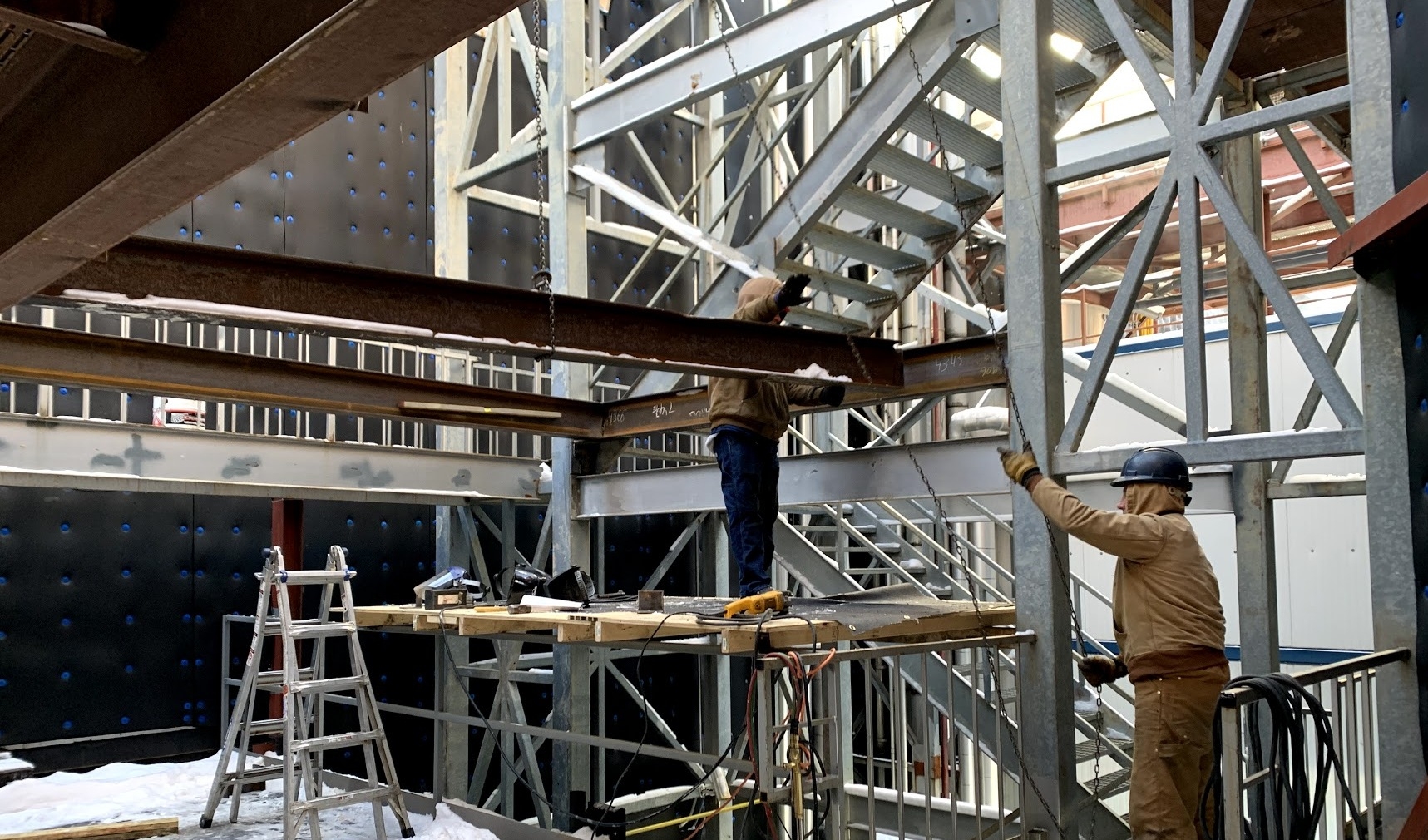
In one of our previous articles, we talked about the benefits of using structural steel in construction. Thanks to its durability, robustness and fire-resistance abilities, steel has become the preferred material for the construction of residential and commercial buildings. However, it isn’t just the steel that makes a building stand firmly and last for decades. The robustness and safety of a building directly depends on the quality of the welds joining the steel together. The quality of structural welding is another aspect that determines how safe and long-lasting a building will be. In our next blog, we explore quality assurance factors in structural welding that are critical in ensuring the structural stability of a building.
Buildings are often subjected to various mechanical stresses, temperature variations and environmental conditions. Therefore, the building’s ability to withstand these factors determines how long it will last. Properly welded steel parts and components will add to the robustness and reliability of the structure, ensuring the highest level of safety for the building’s occupants. Thus, it is important to hire a professional structural welding company to handle the welding part of the project and conduct a thorough inspection of the welding joints.
The failure of welded parts of the structure can result in serious consequences affecting the personnel and occupants. Following structural welding quality standards and thorough inspection of the welding joints will help identify and fix welding defects before they pose a serious concern to the stability of the structure. Screening the welding joints for internal defects will serve as another degree of assurance of the building’s long-term stability.
Many industries in Canada are regulated, and welding is not an exception. There are many industry-specific standards that govern the quality and safety of welding joints. And following these standards is important for companies seeking to remain legally compliant. Structural welding quality assurance helps ensure that welded structures and parts meet industry standards, regulations and design specifications. Remaining non-compliant can lead to various deficiencies, penalties and compromised safety.
Quality assurance in structural welding plays a key role in ensuring reliability, dependability and safety of steel structures. Following the quality standards and inspecting the joints thoroughly helps mitigate the risks associated with weld failure. Hiring a professional mobile welding or structural welding contractor to handle the welding part of the project will not only help ensure the safety of the work done but also help reduce the risk of costly project delays.